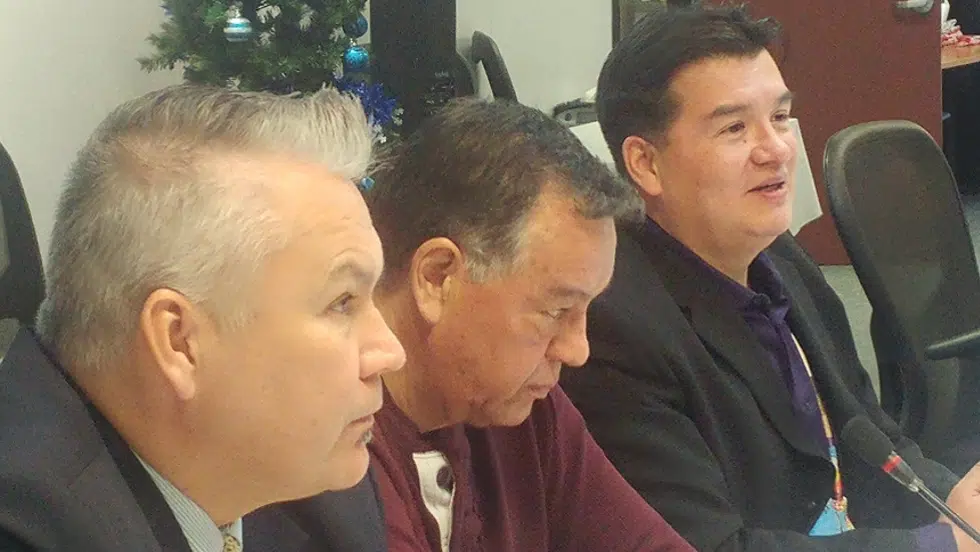
Feds ordered to pay Beardy’s & Okemasis First Nation $4.5M over Riel Rebellion
A 17-year-long legal battle has ended for Beardy’s and Okemasis First Nation.
The federal government will pay Beardy’s & Okemasis $4.5 million in compensation stemming from the 1885 Riel Resistance, it was announce today, Dec. 27.
The order comes from the Specific Claims tribunal after a ruling stating the First Nation’s treaty rights were violated following the rebellion.
Beardy’s & Okemasis Chief Rick Gamble said it’s a “great day” for band members. “It’s a victory for treaty rights,” he said.


